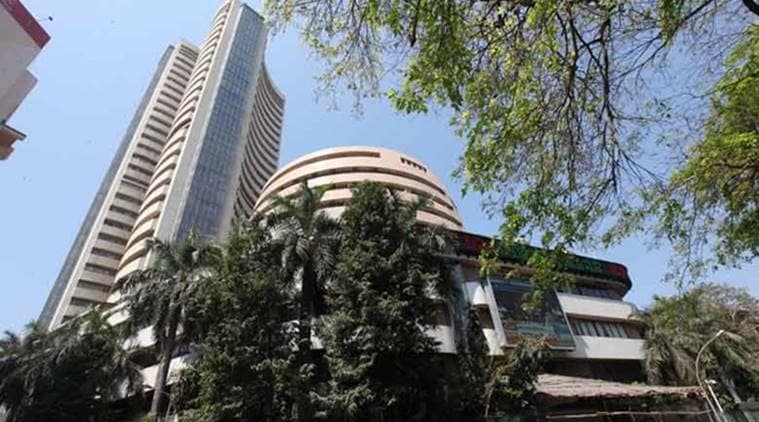Sensex dips 461 points on BOJ shock, April contracts expiry
Nikkei also fell over 3.6 per cent and European markets also followed suit.
 The Bank of Japan on Thursday maintained status quo on interest rates.
The Bank of Japan on Thursday maintained status quo on interest rates.
The BSE Sensex on Thursday fell 1.77 per cent to post its biggest daily decline in over three weeks after the Bank of Japan unexpectedly chose not to expand its monetary stimulus and due to caution ahead of the expiry of April derivative contracts. Depressed global cues following subdued Asian markets added to the widespread sell-off.
After starting on a good note, the Sensex slipped into the negative zone as selling intensified. It ended at 25,603.10, a fall of 461.02 points. The index gained 385 points over the past two sessions. The broader Nifty crashed 132.65 points, or 1.66 per cent, to 7,847.25.
The Bank of Japan on Thursday maintained status quo on interest rates. Earlier, the US Federal Reserve chose to keep its policy unchanged while signalling confidence in the economic outlook. Investors remained cautious in the face of expiry of April series contracts in the derivatives segment, which further dampened sentiment, dealers said.
Vinod Nair, head of Research, Geojit BNP Paribas Financial Services, said, “Though the US Fed’s Federal Open Market Committee (FOMC) status quo stance lent a calming influence on markets earlier in the day, the approach of 8,000 mark in Nifty encouraged some profit booking. However, the minor weakness seen thereof evolved into a sharper fall after BOJ refrained from further monetary policy easing prompting the yen to rise sharply against the dollar and euro.”
Nikkei also fell over 3.6 per cent and European markets also followed suit.
Jayant Manglik, president, Retail Distribution, Religare Securities, said, “Feeble global cues mainly from the Japanese stock markets pushed our markets lower as it fell almost vertically post the announcement of unchanged stance on interest rate by the Bank of Japan. In addition, cautiousness among the participants due to derivative expiry further added to the negativity. Barring realty, all the sectoral indices fell in line with benchmark and ended lower.”
“This fall has faded away the hopes of decisive breakout in Nifty above 8,000, at least in the near future. Having said that, the uptrend is still intact and we’ll now see extension of prevailing consolidation phase in index,” he said.
“The stock market was disappointed about the BOJ decision, and now Japanese stock prices are going down,” said an equity strategist. “The stock market will search the bottom level of their price in Tokyo.”
According to a Standard Chartered Bank report, the April 27 FOMC statement looked dovish. “The US Fed seems to be only partially comforted by the recent improvement in global market sentiment and the stabilisation in global growth data (including China). While the statement no longer referenced “risks” from global developments, the underlying tone remained cautious, with no signal of an imminent rate hike. The ‘balance of risks’ phrase, which we think is key to signalling a near-term rate hike, remained absent (it was removed from the January 27 statement).”
Meanwhile, the rupee on Thursday snapped its two-session winning run against the US dollar by dropping 8 paise to close at 66.52 on month-end demand for the American currency from importers despite lower greenback overseas. The month-end dollar demand from importers, mainly oil refiners, mainly affected the rupee value against the dollar, a forex dealer said.
Photos



- 01
- 02
- 03
- 04
- 05




























